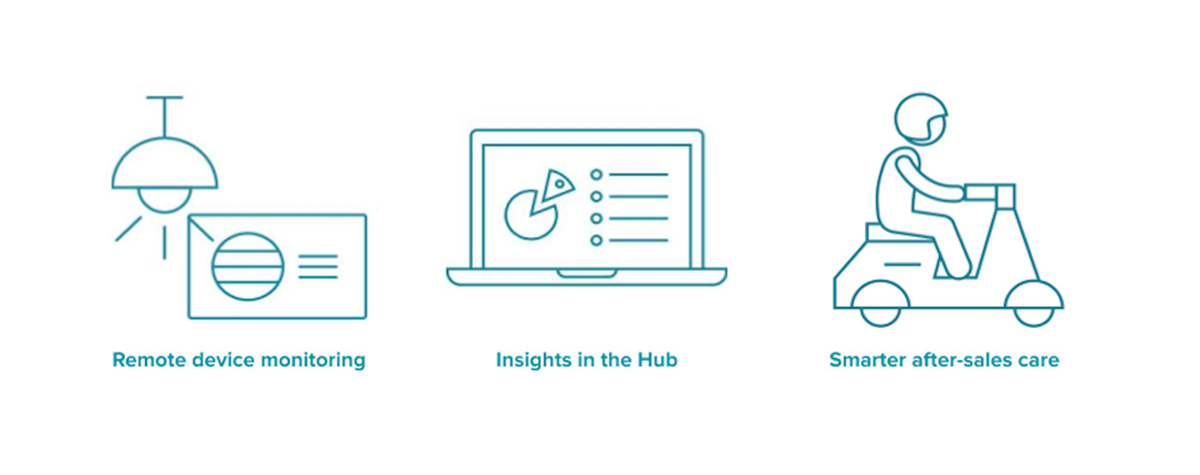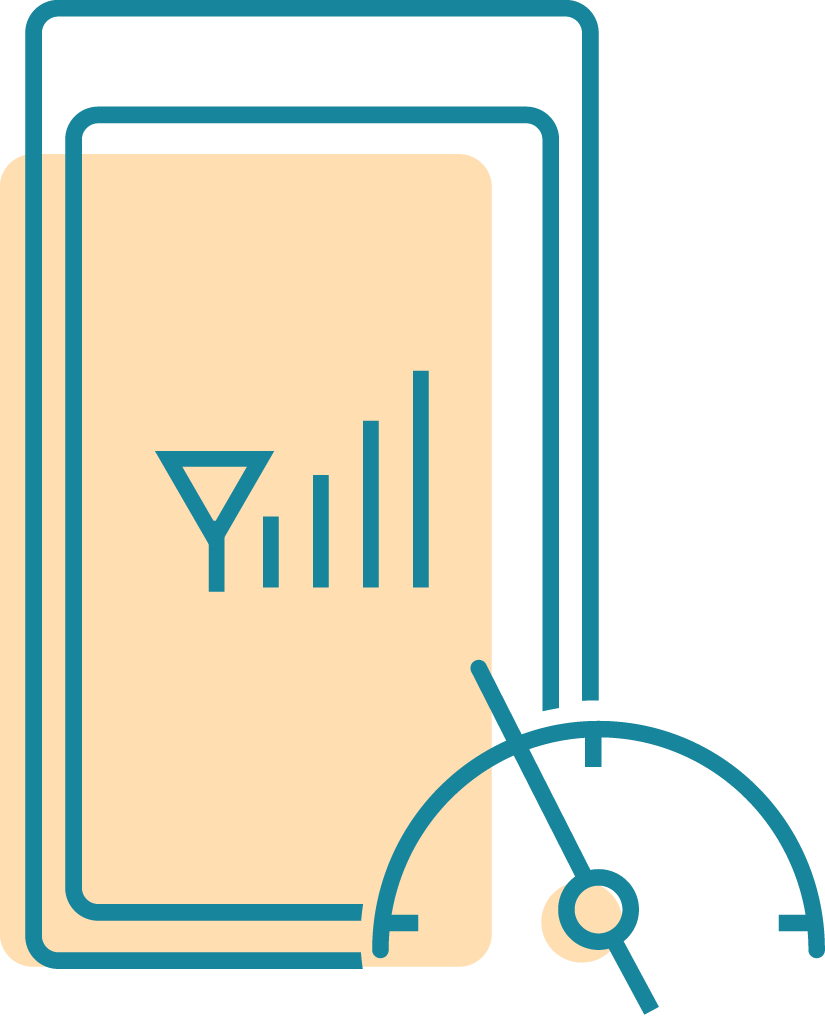
Like any SaaS business, Angaza manages a tremendous quantity of data for our customers. This data represents both a strategic asset and a strategic liability: while it allows us to offer valuable business insights to our customers and take an evidence-based approach to improving our own product, accidental release of sensitive information could negatively impact our customers’ businesses and low quality insights and predictive analytics could lead to poor business decisions and degraded trust. Angaza operates under a strong commitment to our values, and while it’s obvious that we should secure our data and organize our data practice in order to “Deserve Their Trust,” translating high-level statements of values into a decision on a particular practical question can be difficult, especially for new employees still acclimating to a new environment.
As the number of Analysts, Data Engineers, and Data Scientists in different departments at Angaza grows, we face the same challenges as other growing organizations: How can we maintain our commitment to living our values in our work, and how can we effectively transition from a small-team, flexible startup mentality into a more rigorous, well-supported data practice? Never one to let a good idea go unimitated, we looked to Angaza’s Engineering Constitution for a framework.
Our Data Practice and the Data Constitution

The pay-as-you-go industry has already had unprecedented success in providing previously underserved markets with access to energy, financial products, and transformative products. It’s our belief that a thoughtful data analytics practice has an important role to play in unlocking the next level of industry success and we’re humbled to be at the forefront of that effort, with our data constitution guiding the way.
Out of our top-level, general articles from the Data Constitution, Article I: Never Compromise Our Values, has a substantial impact on our data product design principles. The tag line “To engender trust, secure our reputation, maximize impact, and minimize unintended consequences” articulates our shared personal philosophy about the inherent limitations and potential dangers of carelessly deployed data products. Like with any tool, and particularly with a technology tool, we need to use data science with open eyes and a prudent mind to convert good intentions into positive impact.
Within Article 1, Principle 1.5 “Wherever possible, feedback mechanisms should be built into data products to assess their impact, positive or negative, once they are ‘live’” has greatly informed how we implement our data product release and monitoring. Customers’ trust in our data practice, especially data products that drive operational decisions, is a priority. We see quantitative feedback mechanisms as indispensable and consider maintaining performance monitoring systems as equally as important as building powerful predictive models.

Furthermore, we are aware that for our customers, change is a constant and that we need to be equally reactive to their growing and evolving businesses. That’s why we regularly retrain and deploy our data models, ensuring that we are always learning from the most recent, relevant data. Upon each retraining, we revalidate our predictions on a customer-by-customer basis to monitor for any potential issues. This allows us to be reactive to the impact of our predictions and gives our customers the peace of mind that we maintain a high level of fidelity.
In addition to building robust data products that serve our customers, we also take our responsibility towards end users, our customers’ clients, seriously. Article 1, Principle 1.1 “We have a social obligation to explore unintended consequences of our data products and commit to taking proactive steps to avoid harm” is one of our guiding principles to ensure we are maximizing impact for end users. As our customers’ clients are often in underserved markets and have very limited access to financial and energy products, we take particular care to avoid causing them any unintentional harm.

Many of our data products are designed primarily to help our customers grow and succeed in selling life-changing products to their clients. This, at times, involves identifying clients at risk of not continuing to pay for their product. One example of this is detecting energy theft. This can occur if a client tampers with a device to bypass Angaza’s Pay-As-You-Go metering functionality that unlocks the product when a payment is made. We provide our customers with tools to combat this rare but undesirable problem for smart devices, which we developed as part of our IoT by Angaza offering. IoT by Angaza’s Unit Health Alerts feature automatically detects and diagnoses issues with smart devices, from device malfunction to energy theft. Our customers are then notified via Angaza’s Hub platform, enabling them to take swift action.
Despite the urgency of energy theft, we’re also conscious that there’s inherent uncertainty in any model, and incorrectly identifying something as serious as energy theft could have unintended negative consequences for a client. Therefore, specific to this use case, we designed our model to have little tolerance for false positives in order to avoid falsely indicating that energy theft is occurring. The conditions to trigger this alert are much stricter than the conditions to trigger alerts related to device performance, such as battery performance or missing data.
Continual Improvement in Data Practice

All of these guiding principles are organized around one central principal, found in the Data Constitution’s preamble: “We accept that no mathematical model can ever fully capture the complexity of reality and must therefore be “wrong” for some level of precision, and we therefore strive to be less and less wrong, every day.”
We also accept that this applies equally to our data practices. To keep the Constitution up to date and continually improve our analytics methodology, we formed the Angaza Data Council, a group of data-focused analysts and data science professionals at Angaza responsible for shaping our data practices, maintaining the Constitution and holding ourselves accountable for following it. Every two weeks, the Council meets with subject matter experts from our Engineering team and around the company to learn (among other topics) about their processes and methodologies, and incorporates relevant data practices into the Constitution itself. We’re proud of what we’ve accomplished so far. We’re looking forward to being less wrong tomorrow.



